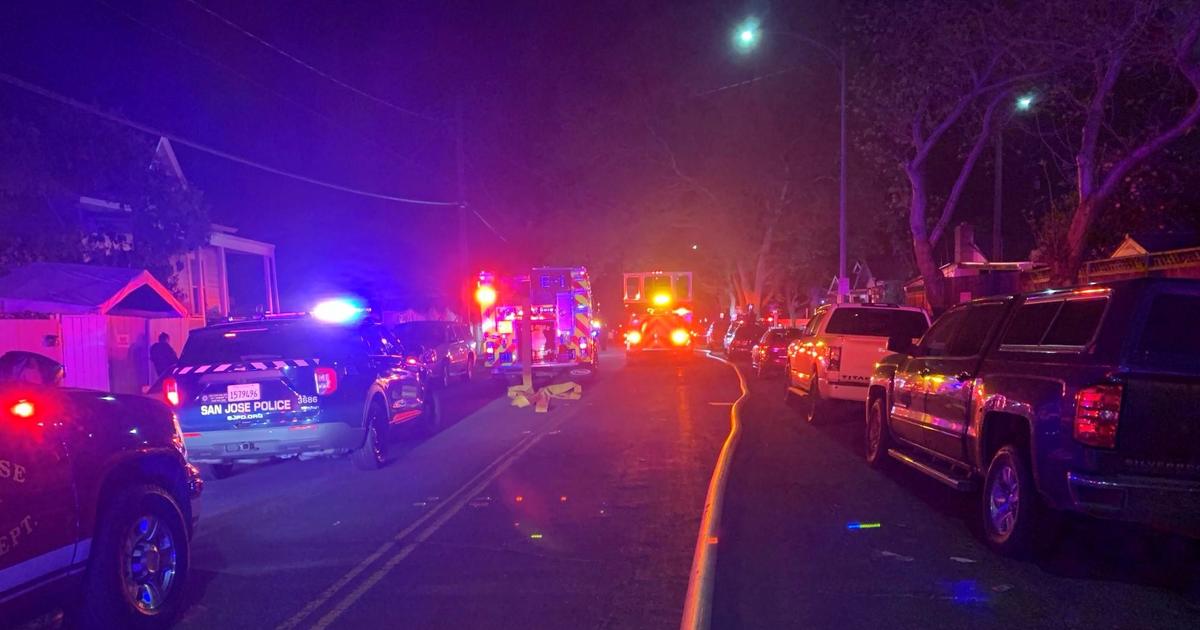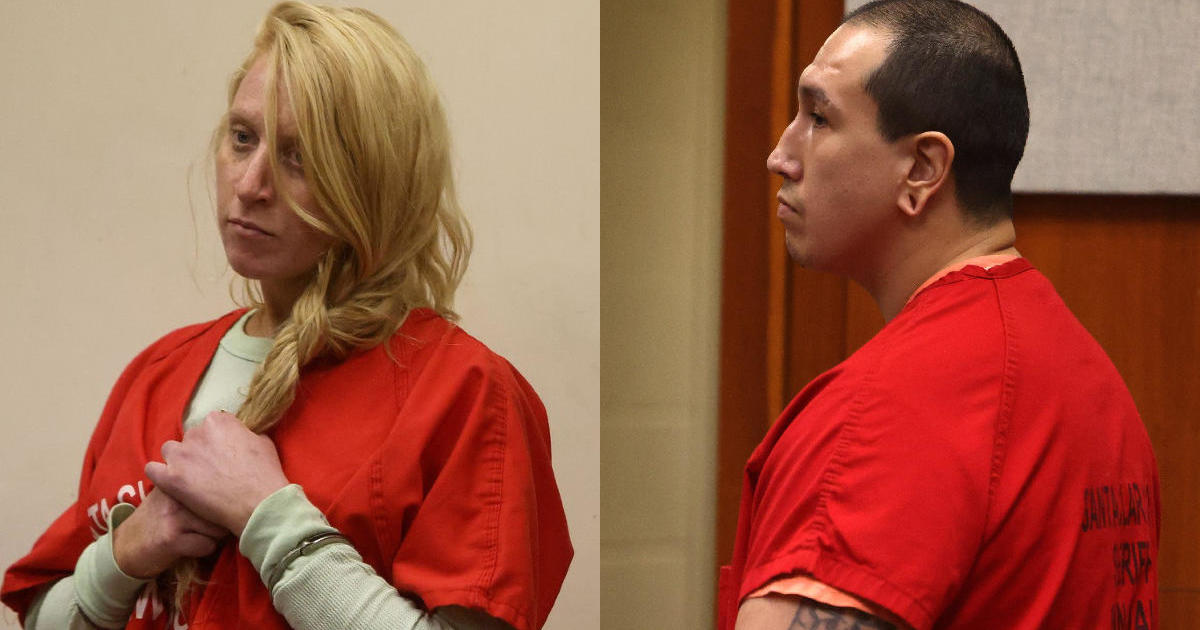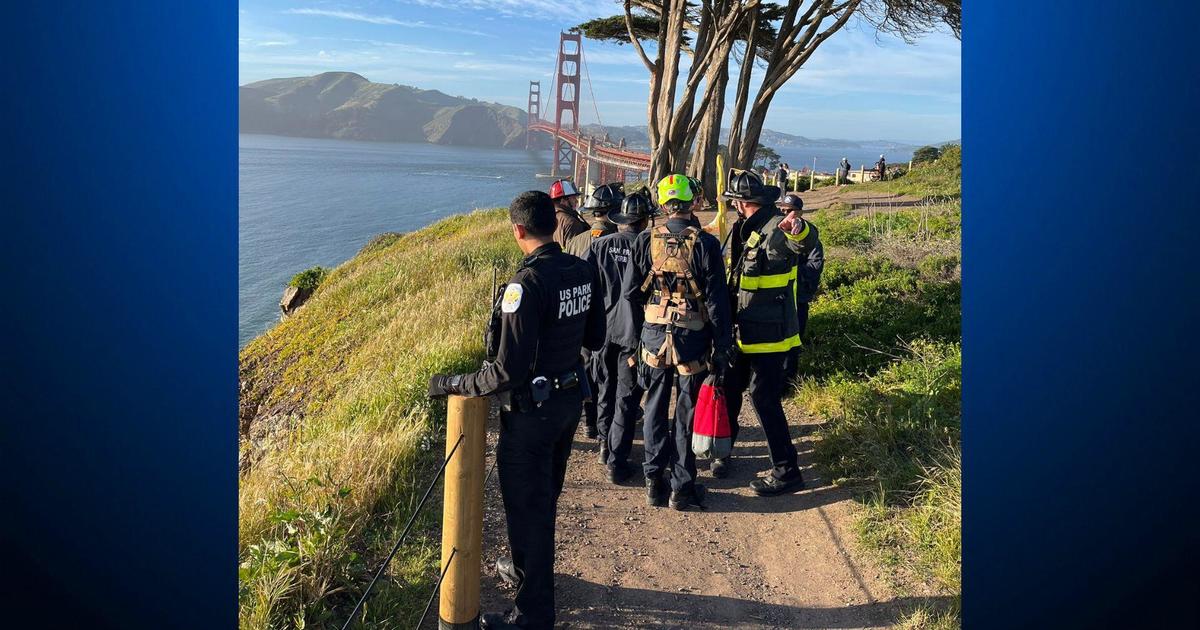Mexico Captures Reported Drug Lord
MEXICO CITY (AP) _ A Texas-born fugitive known as "the Barbie" who allegedly led a violent smuggling network grinned as he was paraded in handcuffs before reporters on Tuesday _ the third suspected drug lord to fall in Mexico in the past 10 months in a coup for President Felipe Calderon's war on cartels.
Edgar Valdez Villarreal, who got his improbable nickname from his fair complexion, is wanted in the United States for allegedly smuggling tons of cocaine. In Mexico, he is blamed for a brutal turf war that has included bodies hung from bridges, decapitations and shootouts as he and a rival fought for control of the divided Beltran Leyva cartel.
As he was displayed to reporters on Tuesday, he still wore the green polo shirt in which he was captured the day before. He grinned often as police described a high-flying and violent life.
Security forces had been closing in on Valdez for over a year, the biggest breakthrough being the death of his boss, Arturo Beltran Leyva, in a December shootout with marines, Federal Police Commissioner Facundo Rosas said.
The arrest of several of Valdez' allies, U.S. intelligence tips and other sources provided evidence that Valdez had left his home of 10 years in the resort of Acapulco _ where he owned at least one posh bar that was raided in 2009 _ to lead a lower-profile life in wealthy neighborhoods of Mexico City, Rosas said.
Federal police nearly nabbed Valdez during a raid in an upscale neighborhood of the Mexican capital on Aug. 8. He got away, Rosas said, but police found him hiding out in a woody weekend getaway just outside the Mexican capital.
He was captured Tuesday by an elite squad of federal police who have been trained abroad, Facundo said. Four other people described by police as Valdez's inner security circle were arrested with him. Another of his associates with killed during a shootout with police outside a shopping mall in the city.
Calderon called Valdez "one of the most-wanted criminals in Mexico and abroad" in a Tweet. He vowed that authorities will continue to chase the rest of his gang.
Valdez, 37, was charged in May in U.S. District Court in Atlanta with distributing thousands of pounds of cocaine from Mexico to the eastern U.S. from 2004 to 2006.
U.S. authorities had offered a reward of up to $2 million for information leading to his capture, and the Mexican government offered a similar amount. Facundo, however, said security forces nabbed Valdez on their own, and there would be no reward.
There was no word from Mexican authorities on any extradition plans. Facundo said Valdez was a U.S. citizen but that authorities were not quite sure if he also held Mexican nationality.
Mexican authorities say Valdez has been battling for control of the Beltran Leyva cartel since Arturo Beltran Leyva was killed in a December shootout with marines in Cuernavaca, a favorite weekend getaway south of the Mexican capital.
Valdez's fight against Hector Beltran Leyva _ a brother of Arturo _ has made a battleground of what was once a relatively peaceful pocket of the country and brought the drug war ever closer to Mexico City. Their fight also has spread westward toward the resort city of Acapulco.
The U.S. State Department says Valdez headed a group of assassins for the Beltran Leyva gang. He "is the person most responsible for pushing the battle into central and southern Mexico," the department says on its website.
Facundo said Valdez was responsible for dozens of deaths, although he could not specify how many.
Two other Beltran Leyva brothers have been arrested under President Felipe Calderon, who in 2006 deployed thousands of federal police and soldiers to fight drug traffickers in their strongholds.
Drug-gang violence has surged since the offensive began, claiming an unprecedented 28,000 lives. But the crackdown has brought down several major traffickers.
Aside from the Beltran Leyvas, drug lord Ignacio "Nacho" Coronel was killed in a gunbattle last month when soldiers raided his home in Guadalajara. Coronel was the No. 3 in the Sinaloa cartel, one of the world's most powerful drug trafficking gangs.
Valdez was born in the border city of Laredo, Texas, and belonged to the Sinaloa cartel until the Beltran Leyva's split off in 2008 _ one of many divisions among Mexican cartels in recent years that have fueled gang violence.
Experts said Valdez's capture could be especially valuable because of the intelligence he might provide on other top traffickers, including Sinaloa chief Joaquin "El Chapo" Guzman, Mexico's most-wanted drug lord.
"Because they caught La Barbie alive, he will be a very important source of information against El Chapo," said Raul Benitez, a professor at the National Autonomous University of Mexico who studies the drug trade. "La Barbie was once the bodyguard of El Chapo Guzman."
Facundo said Valdez has already provided police with new insight into the raid that took down Arturo Beltran Leyva. Valdez told police that Beltran Leyva called him as marines were closing in and that he had urged the capo to turn himself, advice the drug lord apparently ignored, Facundo said.
After that, Facundo said, the Beltran Leyva gang started suspecting that Valdez had tipped authorities to Beltran Leyva's whereabouts. Facundo did not say whether those suspicions might have been true.
Much of the most recent violence in central Mexico has been directed at Valdez's allies.
The decapitated bodies of four men were hung from a bridge in Cuernavaca last week, along with a message threatening allies of "La Barbie" and signed by the gang led by Hector Beltran Leyva. Two more bodies were hung from bridges near Acapulco later in the week, although no gang claimed responsibility.
Benitez said the violence in the region could drop over time, as the government has disrupted Valdez's crusade to create a new cartel from his split with the Beltran Leyvas. But it won't initially, he added, because gang lieutenants always fight for control immediately after a big boss is brought down.
And Mexico's violence overall is not expected to drop because most of the deaths are caused by the battle between other, more powerful gangs in the border city of Ciudad Juarez and along the northeastern border with the U.S. Seventy-two 72 migrants were found massacred in that region last week in what is believed to be the deadliest drug cartel attack to date.
La Barbie's "arrest will be a public relations coup for the Mexican government, even though it will do little to quell the violence in places like Juarez and Monterrey," the U.S.-based security think tank Stratfor said in a report.
U.S. prosecutors say they used a federal wiretap from a related case in Atlanta in January 2008 to identify Valdez as the source of thousands of kilograms of cocaine that were imported into the U.S. from 2004 to 2006.
Witnesses said some truckloads traveling from Laredo to Atlanta carried more than 650 pounds of cocaine. The workers sent shipments of money, often containing several million dollars in cash, back to Mexico in tractor-trailer trucks, according to the court records.
Mexican authorities had been closing in on La Barbie's allies in recent weeks. On July 10, marines raided a house in Acapulco and captured Gamaliel Aguirre Tavira, suspected regional chief of the Valdez faction.
Facundo said Valdez was found with two guns and a grenade launcher and several unostentatious compact cars _ evidence that he had tried to lay low as security forces hunted him.



